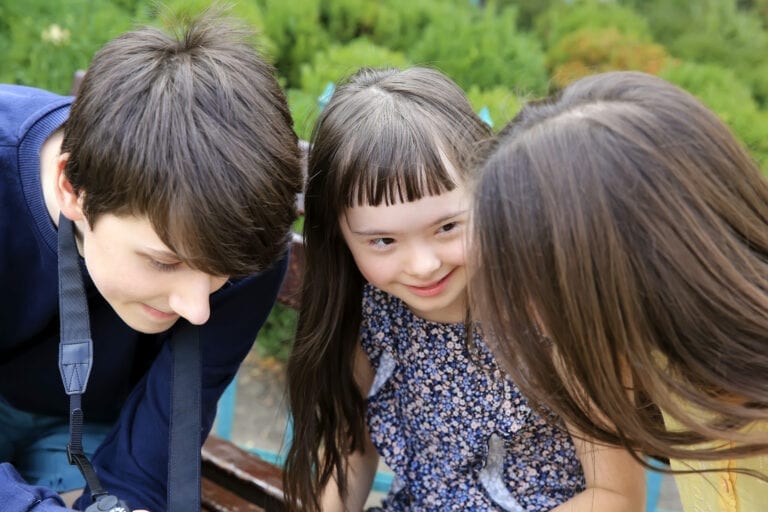Tending to another person’s everyday needs when they cannot do so themselves is known as caregiving. The care may involve attending to the physical and emotional needs of the person who needs constant support and attention. This person could be a friend or a member of your own family. Most of the caregiving is done in a person’s own home. In the next sections, we will discuss families looking for private caregivers in detail.
What Does a Private Caregiver Do?
A private-duty caregiver assists clients in a residential setting. In this job, you often help older people with special needs. A private duty caregiver sometimes helps a client get better from an illness or injury. Your tasks change based on what the patient needs. You help clients clean the house, make meals, and care for themselves. You may also help them take their medicine, keep track of their appointments, and undergo medical treatments. Your job usually includes telling a nurse or doctor about changes in your client’s condition.
What to Look for in a Home Caregiver?
Families looking for private caregivers should consider the following qualities,
- Attentiveness
- Ability to change and be patient
- Dependable and worthy of trust
- Professionalism and a level head
- Strength in the body
- Humor
- keeps secrets secret.
- Good communicator
- Self-awareness
Let’s look at all the things that make a good caregiver and how they affect your loved one.
1. Compassion and Empathy
Seniors can get sick, feel uncomfortable, be in pain, or have emotional problems. A caring caregiver can respond in the right way to care for and comfort the person. Seniors are sometimes sick, uncomfortable, or in pain, or they can have emotional distress. A caring caregiver can respond in the right way to care for and comfort the person. a caregiver who wants to get a job should have qualities of compassion and empathy.
Your friend or family member may sometimes feel ashamed or angry. You want a caregiver who can understand your loved one’s feelings, who can put themselves in their shoes and see things how they do. A caregiver and a senior form a bond when the caregiver understands and cares about the senior.
2. Attentiveness
If your loved one is in danger or needs help immediately, the person taking care of them might have to act quickly. They should be aware of changes in a patient’s health or mood.
3. Flexibility and Patience
Unexpected things can throw off the routine of someone you care about. Your loved one might not want to cooperate, get upset, or be in a lot of pain, So the person who takes care of them needs to be flexible and have a lot of patience.
4. Trustworthiness and Dependability
Your loved one will spend a lot of time with their caregiver, so you have to be able to trust and depend on that person to take good care of your loved one. A good caregiver is probably most important for being reliable and trustworthy.
5. Professionalism and Good Composure
Caregiving can be stressful at times. Good caregivers stay calm even when dealing with bodily functions and accidents, which can be hard. You want your loved one’s caregiver to aid your family member or friend while maintaining a professional demeanor and setting aside personal concerns.
6. Physical Strength
Caregiving is physically demanding, and your chosen caregiver will need the strength and stamina to cope. For example, you might help your loved one get in and out of bed, the bath, or a wheelchair as part of caregiving. The caregiver wanted to link himself with this field and should also be physically active.
7. Humor
Your caregiver may find it easier to deal with problems on the job if they have a sense of humor. Also, making your loved one laugh is a great skill because laughter is good for their health.
8. Solid Perception
The person caring for your loved one will have access to much private and sensitive information about them. A good caregiver knows what doctors need to know and what visiting friends don’t need to know.
9. Good Communication Skills
Your caregiver must talk to you, your loved one, and even medical staff in clear, simple language. They also need to share information between parties, so it’s important that they can talk to each other well.
10. Self-Awareness
Caregiving can be stressful, so people who do it need to know who they are and what they can handle. If they can’t ask for help when they need it, they might not be able to get their loved one what he or she needs.
What are the job opportunities for Caregivers?
A job in non-medical caregiving is suitable for caring for individuals with a strong desire to help others live their lives to the fullest but who may not necessarily wish to attend substantial medical training, such as nursing school or other intense programs. Elderly patients, patients requiring post-operative care, and those with acute and chronic illnesses are caregivers’ most common charges.
Caregivers perform a valuable service, and the work can be gratifying for individuals with a genuine passion. There are a variety of settings in which non-medical caregivers are employed, including client homes, assisted living communities, hospices, nursing homes, group homes, day services programs, and post-surgical rehabilitation centers. These employees are employed under many job titles, including:
- In-Home/Out-of-Home Caregivers
- Senior Caregivers
- Full-time/Part-time Caregivers
- Home Medical Aides
- Personal Support Workers
- Medical assistants
Home Care Near Me. Let’s Get Started!
Get Immediate Help with Information, Costs & Payment Options.







